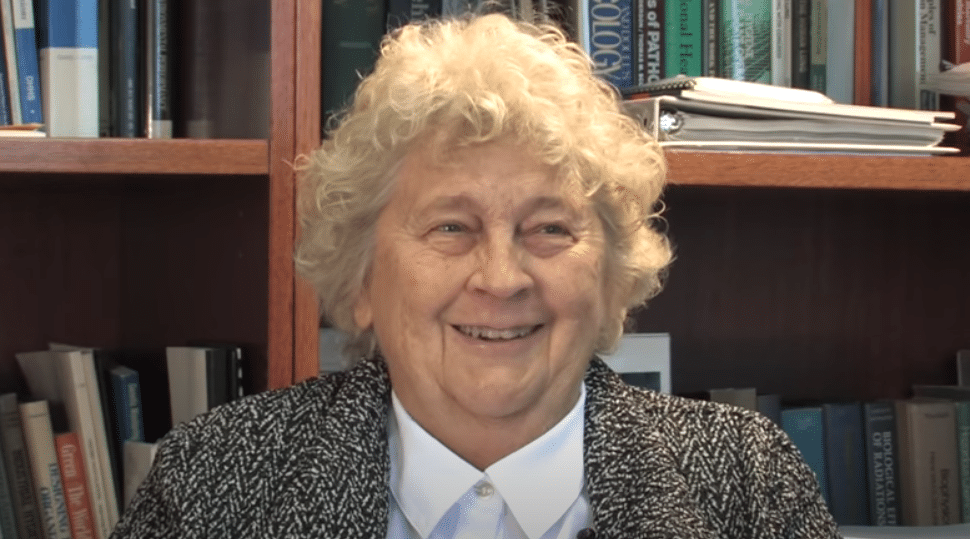CPWR was deeply saddened to learn of the death of Dr. Eula Bingham — long-time colleague, mentor, and inspiration.
 Throughout Eula’s 70-year career in occupational safety and health, she was a remarkable, relentless advocate with a deep commitment to working people. Her research, advocacy, policy work, and mentoring all reflected her belief that every worker had the right to a safe job, including being informed about the hazards they might encounter.
Throughout Eula’s 70-year career in occupational safety and health, she was a remarkable, relentless advocate with a deep commitment to working people. Her research, advocacy, policy work, and mentoring all reflected her belief that every worker had the right to a safe job, including being informed about the hazards they might encounter.
Eula began her career at the University of Cincinnati College of Medicine, where she did pioneering research on chemical carcinogens. Over time she advised a series of government agencies concerned with worker safety, and she chaired the Federal Research Standards Advisory Committee on Coke Oven Emissions.
In 1977 she became Assistant Secretary of Labor in charge of the Occupational Safety and Health Administration (OSHA). Her time at OSHA included passage of the groundbreaking occupational exposure standards on lead, benzene, and cotton dust. She also championed efforts to give workers the “Right-to-Know” about the chemical hazards in their workplace and in 1978 created the OSHA worker safety and health training grants program we now know as Susan Harwood. In the past decade alone, over 850,000 workers have received training through the program.
After leaving OSHA in 1981, she returned to the University of Cincinnati, serving at various times as Vice-President, Dean of the Graduate School, and professor. Her work with students was just one illustration of her belief in mentorship; she also guided colleagues at all levels. As one of them wrote several years ago, Eula “is an anchor that keeps us from drifting and a pilot that keeps us on course, both professionally and personally.”
CPWR benefitted from Eula’s wisdom and perspective in multiple ways. When we began our construction safety and health research initiative in the early 1990s, Eula was one of the original members of our Technical Advisory Board, charged with guiding the scientific quality of our work, and for nearly three decade she was also a leading force in our Building Trades National Medical Screening Program (BTMed).
Eula’s many accomplishments included taking on the U.S. Department of Energy (DOE) to fight for the legal rights of workers to know about the occupational exposures that threaten their health and lives. That work became the foundation for the DOE Former Worker Program and the creation of the Energy Employees Occupational Illness Compensation Program Act. In part because of her research showing the health effects of working in nuclear facilities, DOE agreed in 1996 to provide those workers with independent medical screenings to determine their health risks.
Ten of thousands of people have benefitted from Eula’s dedication to preventing and responding to workplace injuries, illnesses and fatalities, and thousands more will in the future. Though Eula will be missed, her influence will not.
Learn more about Dr. Bingham’s extraordinary career and commitment in CPWR’s Pioneers in Construction Safety & Health interview video and a profile in the American Journal of Industrial Medicine.